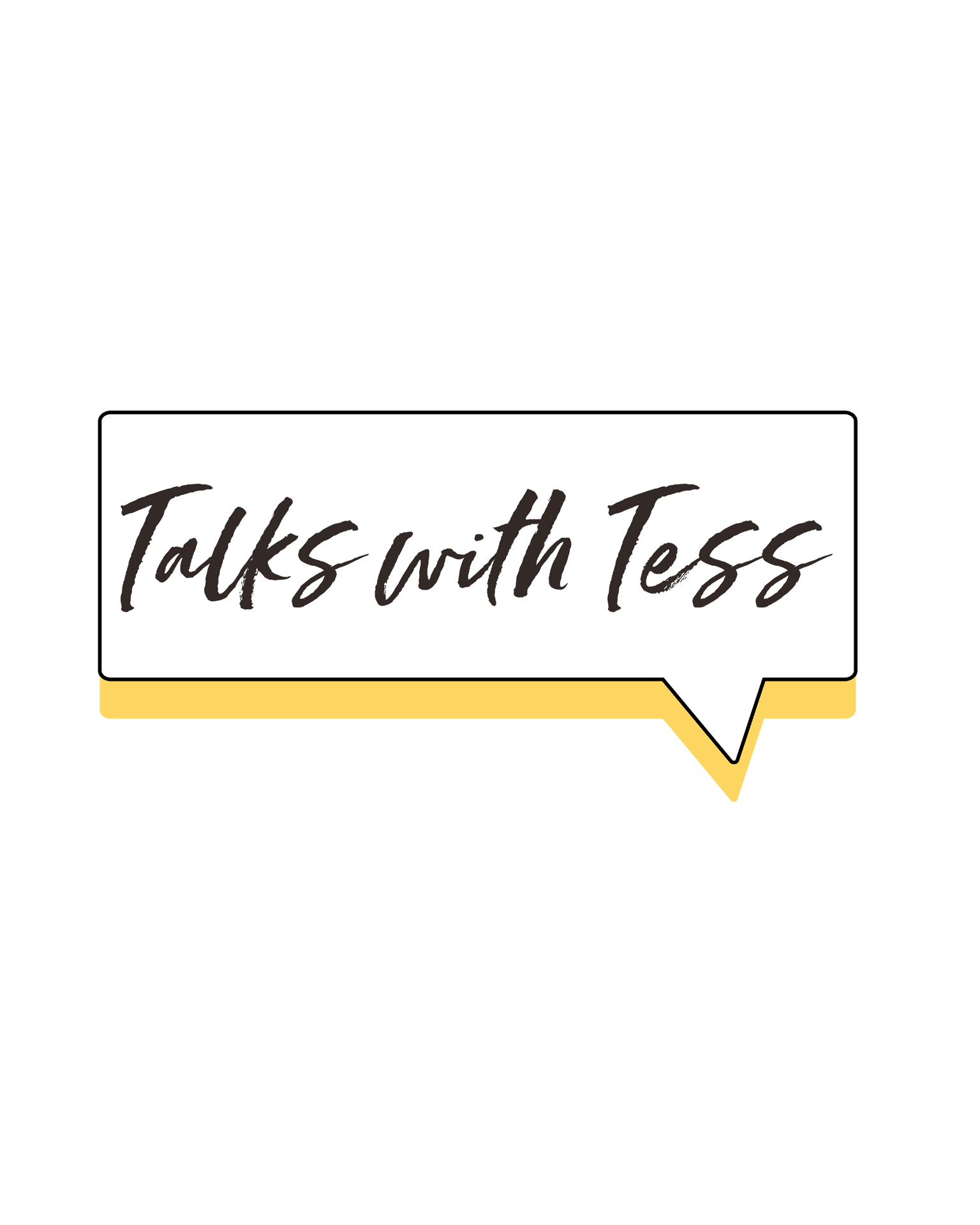Debunking Myths About Public Speaking Anxiety
Understanding Public Speaking Anxiety
Public speaking anxiety is a common fear that affects countless individuals worldwide. However, many misconceptions surround this anxiety, leading to unnecessary stress and avoidance. By understanding the truth behind these myths, you can better manage your fears and become a more confident speaker.

Myth 1: Only Inexperienced Speakers Get Nervous
It's a common belief that only those new to public speaking experience nerves, but this is far from true. Even seasoned speakers can feel anxious before a presentation. The difference lies in their ability to manage this anxiety effectively. Practice and experience help, but nerves can still be present regardless of your experience level.
Many professionals acknowledge experiencing jitters before stepping onto the stage. What sets them apart is their ability to channel this energy positively, enhancing their performance rather than hindering it.
Myth 2: You Must Be Perfect to Succeed
Another pervasive myth is that perfection is necessary for a successful speech. In reality, audiences are far more forgiving than we often assume. They appreciate authenticity and connection over flawless delivery. Mistakes can happen, but how you recover and continue is more important than the error itself.

Focusing on perfection can increase anxiety and make you more prone to errors. Instead, aim for clarity in your message and engage with your audience sincerely.
Myth 3: Visible Nervousness Equals Failure
Many people fear that visible signs of nervousness, such as shaking hands or a quivering voice, indicate failure. However, these signs are often less noticeable to the audience than you might think. Most people in the audience understand that public speaking is challenging and are empathetic toward speakers.
Instead of worrying about hiding your nerves, use techniques such as controlled breathing or strategic pauses to manage your anxiety visibly and audibly. These strategies can help you maintain composure and deliver your message effectively.

Myth 4: Public Speaking Anxiety Is Unchangeable
Many believe that if they have public speaking anxiety, they are stuck with it forever. This myth can be discouraging, but it's not true. Public speaking skills can improve over time with practice and the right strategies. Techniques such as visualization, positive self-talk, and exposure therapy can significantly reduce anxiety levels.
Joining groups like Toastmasters or participating in workshops can also provide valuable practice and feedback, fostering growth and confidence over time.
Myth 5: Anxiety Diminishes Your Message
The fear that anxiety will overshadow your message is another common misconception. While anxiety might affect delivery, it doesn't necessarily diminish the content of your speech. With proper preparation and focus on your key points, your message can still resonate strongly with your audience.
Remember that being genuine and passionate about your topic can compensate for any perceived shortcomings in delivery. Audiences often connect more with the enthusiasm and sincerity of the speaker than the technical aspects of the presentation.
Conclusion: Embrace Your Nerves
Debunking these myths about public speaking anxiety reveals that nerves are a natural part of the process. By acknowledging and understanding these misconceptions, you can take steps to manage your anxiety effectively. Embrace your nerves as a sign of growth and opportunity, and you'll find yourself becoming a more confident and engaging speaker over time.
